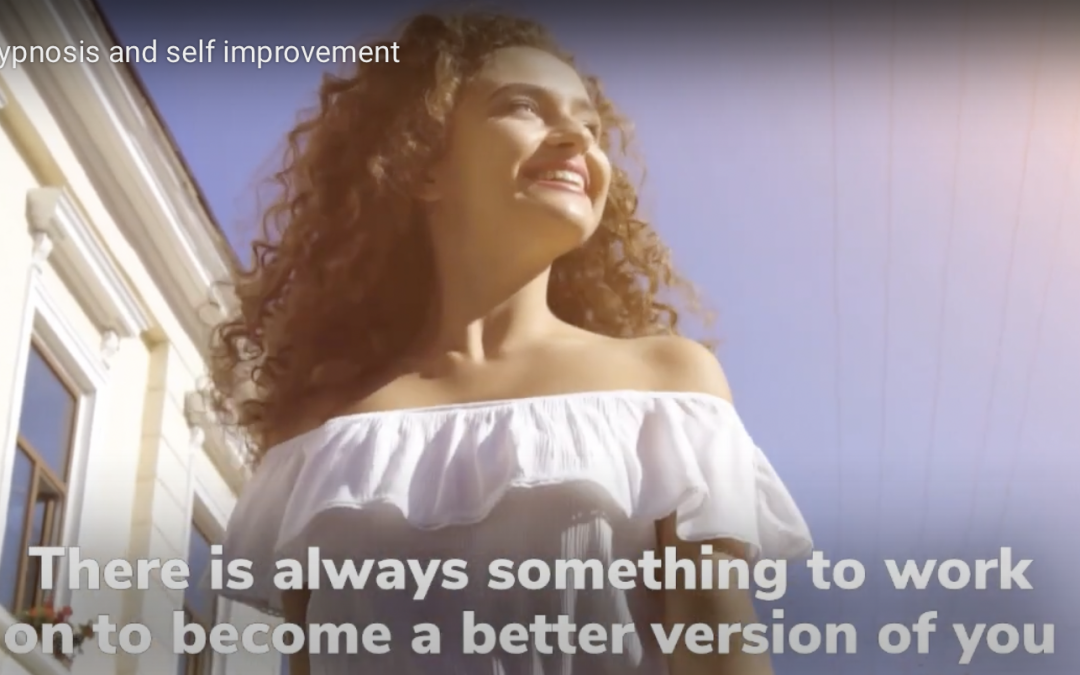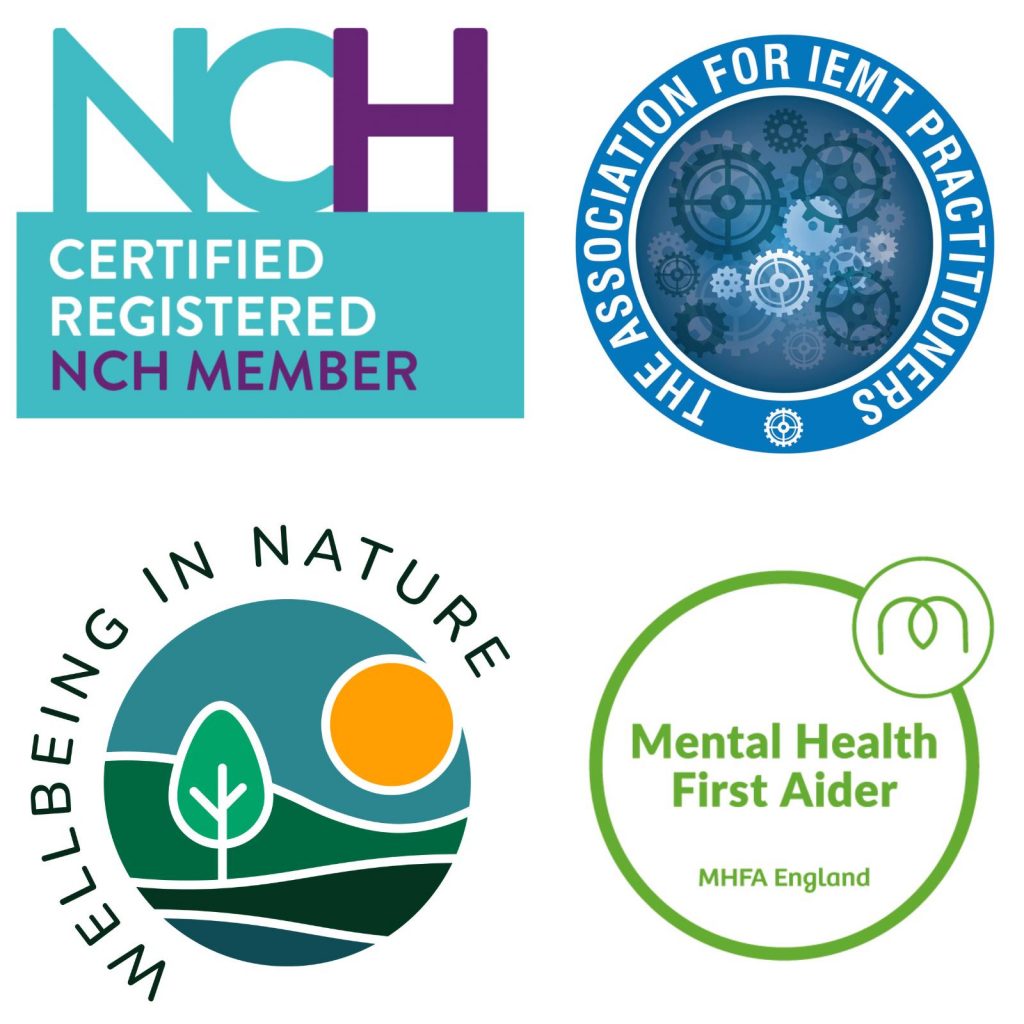Blog

Hypnosis and self-improvement
Self improvement at workHypnosis can be highly effective at helping you achieve your work related goals. Hypnosis for self-improvement at work would involve guiding you to experience a state of highly focused attention, which opens up your sub-conscious mind to...

Support for neurodiverse children
Therapy support for neurodiverse childrenIt's okay to be different Neurodiversity just means that a person is different in the way they think. However, being 'different' often effects challenges in day to day living. To be neurodiverse doesn't mean there's anything...

Emotional regulation through nature connection
Case study - child with anger Connection with nature brings about deeper connection with self This is a case study of a child who was expressing anger in unhelpful ways. Names have been changed, to maintain confidentiality. Max got angry very easily, struggled to...


